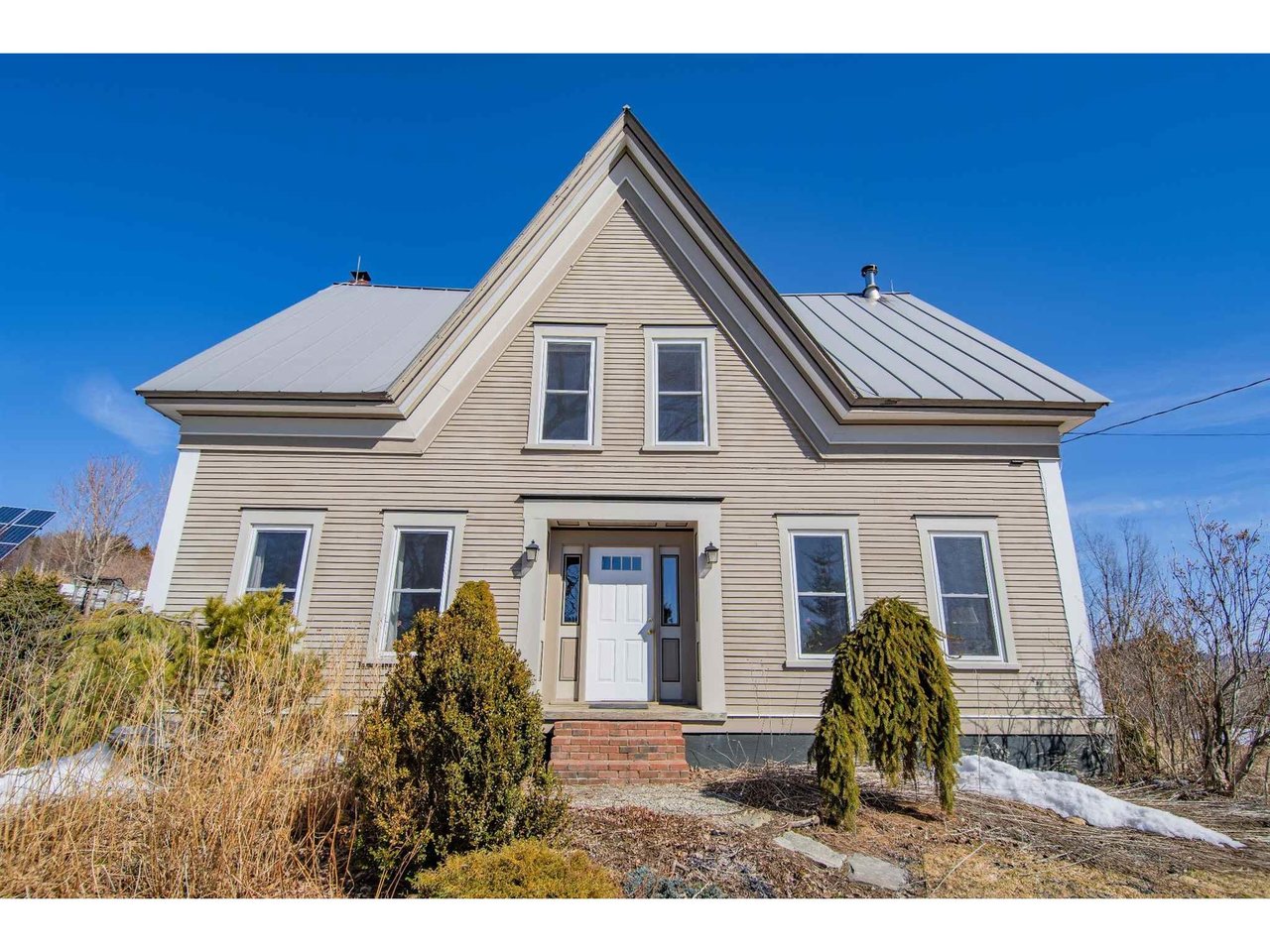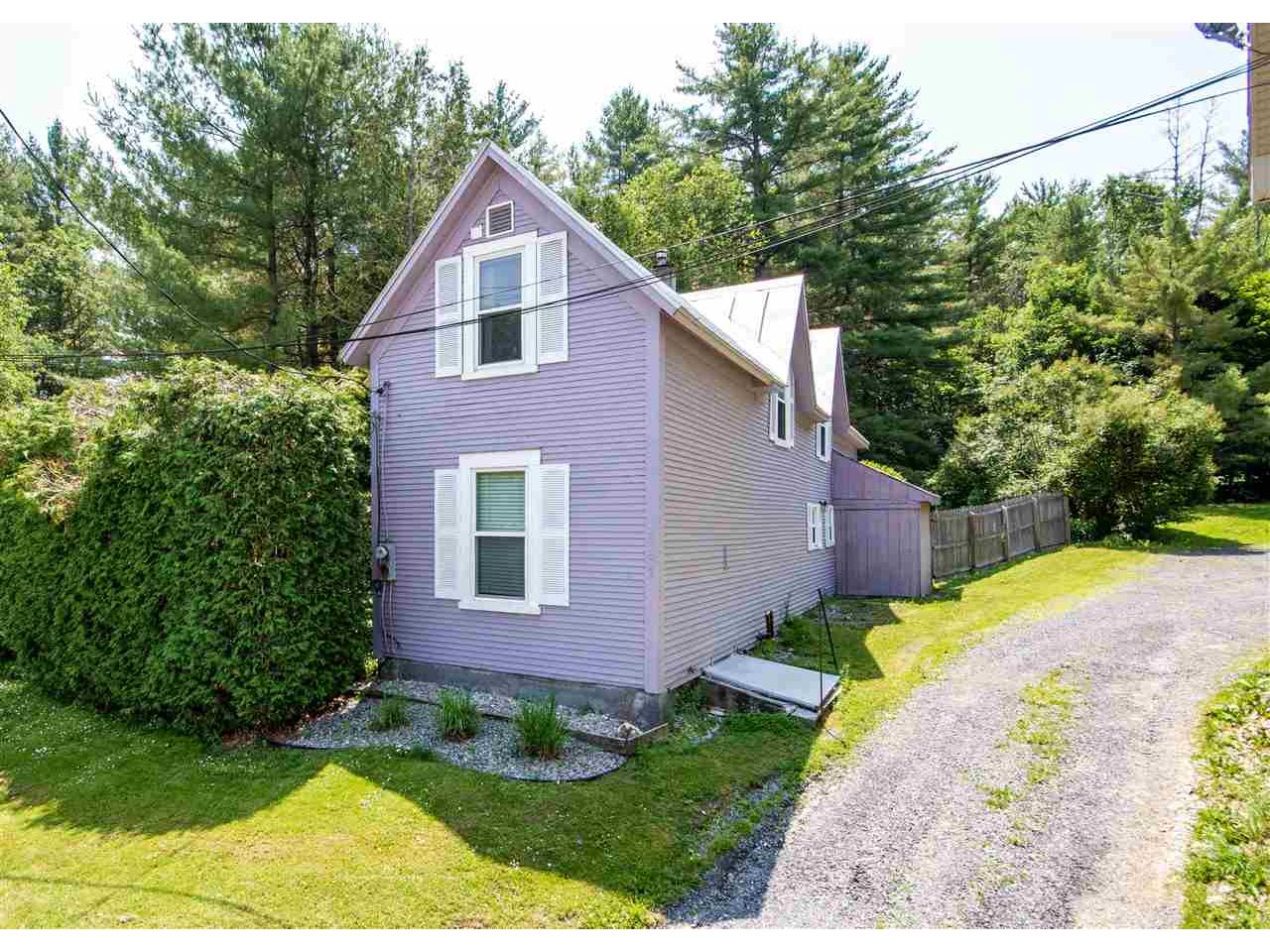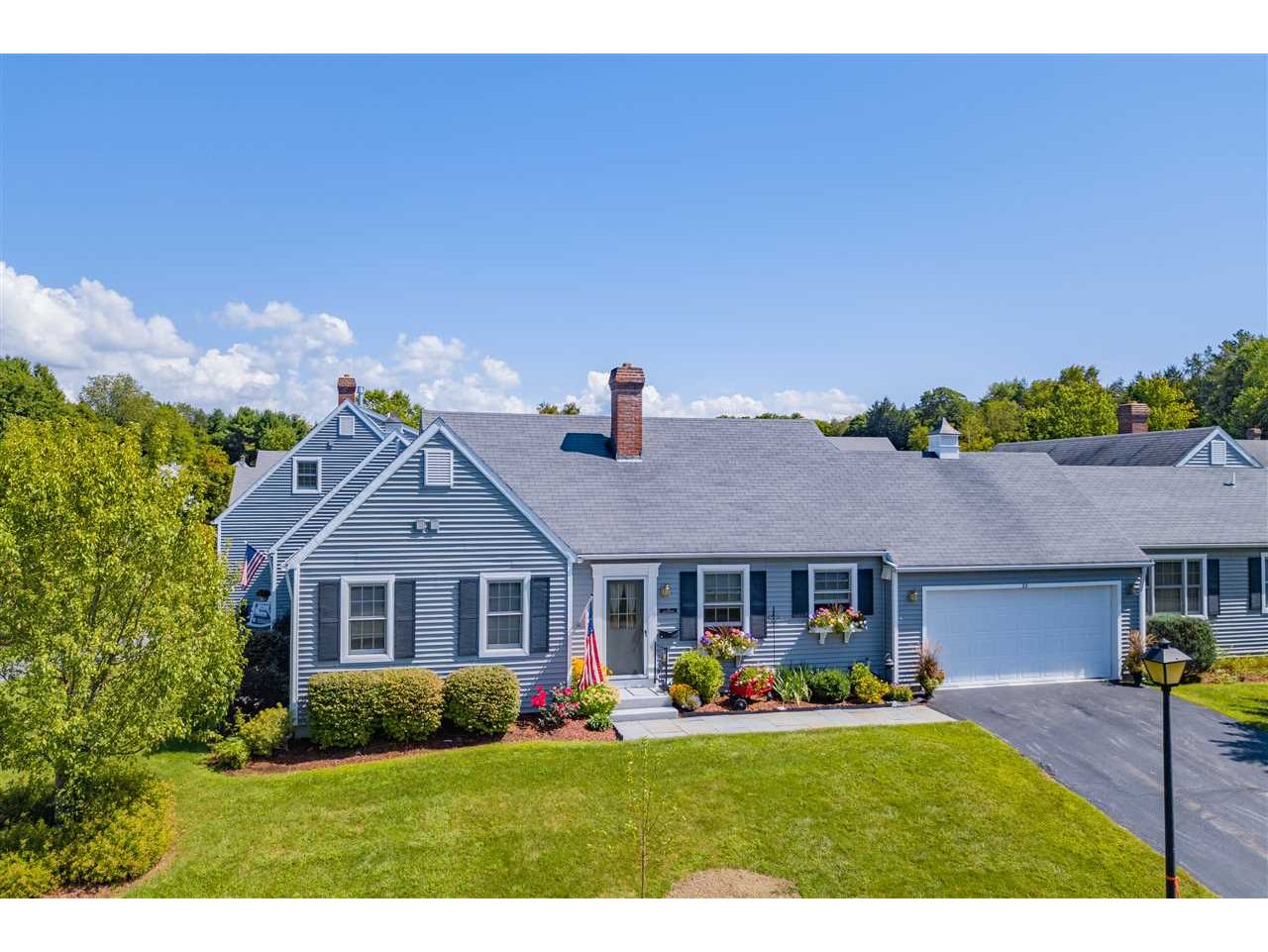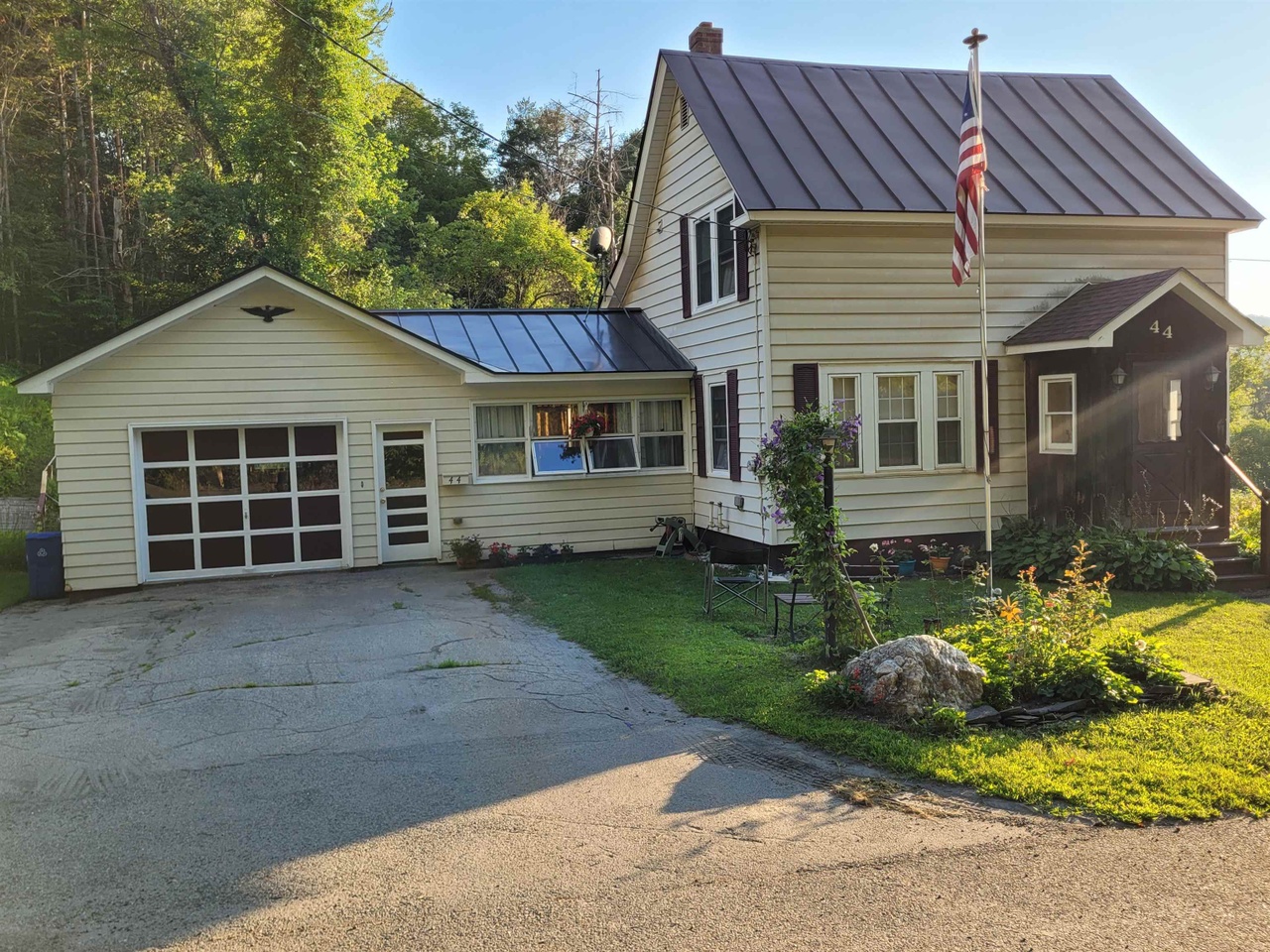Barre Town Homes For Sale – When a person decides to sell something, they might weigh the pros and cons, debating whether it’s the right time or whether it’s really necessary to part with what they’ve had for so long. A high-quality winter coat, for example, will keep you warm and dry through years of cold weather, offering comfort and protection that a cheaper, mass-produced coat cannot match. A home, a car, a piece of jewelry, a moment in time, a relationship — all of these things, at some point, become commodities. These goods aren’t just products; they are symbols of craftsmanship, heritage, and pride. Similarly, vinyl records have experienced a resurgence in recent years, with collectors seeking out rare albums and vintage pressings. Entrepreneurs can launch businesses from their homes, and freelancers can offer their skills to clients across the world. But even as we wrestle with the implications of living in a world where everything is for sale, we also see that this reality is not entirely negative. Acquiring an established business can provide a head start in terms of customer relationships, operational systems, and brand recognition. When people choose quality goods, they are choosing longevity over convenience, enduring craftsmanship over temporary trends, and often, a timeless aesthetic over what is in vogue today. Some need the money, some want to declutter, and others might feel the urge to let go of possessions as they enter new phases in their lives. The notion suggests a world where anything and everything, regardless of its intrinsic value, can be bought, sold, or traded. From designer labels to quirky, eclectic finds, second-hand clothing offers a wealth of variety and style at a fraction of the price of new items. Historically, many products were made by local craftsmen, and there was a direct relationship between the creator and the consumer. In a world that often prioritizes convenience
The notion of a business for sale is one that captures the imagination of many. For people looking to furnish their homes, build a wardrobe, or invest in certain hobbies or collections, second-hand goods often provide a way to access items they might otherwise be unable to afford. Once an agreement is reached, the final step is the legal transfer of ownership. In both cases, there’s a sense of vulnerability. Second-hand markets also promote the idea of a circular economy, an economic system that focuses on reducing waste and reusing products. They become part of the story of the buyer and the creator, connecting people to a tradition of excellence, heritage, and care. Books, records, and collectibles are also highly sought after in the second-hand market.

79 Lepage Rd, Barre Town, 05641 MLS 4890789 Coldwell Banker
Homes for sale by owner · homes for sale

16 Countryside Cir, Barre Town, 05641 MLS 4902160 Coldwell Banker
Homes for sale by owner · homes for sale

554 Cutler Corner Road Barre Town, Vermont Sold in 2020 Coldwell
Homes for sale by owner · homes for sale

211 West Cobble Hill, Barre Town, 05641 MLS 4885475 Coldwell Banker
Homes for sale by owner · homes for sale

661 Graniteville Road Barre Town, Vermont Sold in 2019
Homes for sale by owner · homes for sale

Homes For Sale near Barre Town Elementary School Barre, VT Real
Homes for sale by owner · homes for sale

527 Cummings Road Barre Town, Vermont
Homes for sale by owner · homes for sale

23 Wildersburg Common Barre Town, Vermont Sold in 2020
Homes for sale by owner · homes for sale
Barre Town homes for sale (VT)
Homes for sale by owner · homes for sale

44 Sterling Hill Rd, Barre Town, VT 05670 MLS 4924967 Redfin
Homes for sale by owner · homes for sale
In some cases, it’s not just objects that are for sale, but entire industries or institutions. However, it’s also important to recognize the darker side of this freedom. They are investments, not just purchases, and their value is often felt long after the original transaction has ended. A business for sale is not always as it appears on the surface, and the buyer must examine the company’s financial statements, contracts, debts, and even its customer relationships before deciding whether to proceed with the transaction. The rise of online platforms has transformed the way second-hand goods are bought and sold. We are all participants in a vast, interconnected economy, one that doesn’t just involve physical goods but extends to ideas, relationships, and even identities. The truth is that the idea of quality is deeply rooted in the philosophy of craftsmanship, heritage, and trust, which explains why certain items, often categorized as quality goods, tend to be prized more than others, even when they may come with a higher price tag. In a world dominated by fast fashion, disposable electronics, and mass-produced items, many people are beginning to question the value of constantly purchasing new products. One common concern is the risk of purchasing items that are damaged or not as described. While the online second-hand market has flourished, traditional thrift stores and second-hand shops continue to play an important role in the buying and selling of pre-owned goods. Whether through thrift stores, flea markets, online platforms, or garage sales, second-hand goods provide consumers with an opportunity to find items they might not otherwise be able to afford, while also contributing to a circular economy where products are reused and repurposed. The market for second-hand goods is also influenced by societal trends and economic conditions. Many people continue to resist the notion that everything has a price, and they fight to reclaim what is meaningful and valuable in life. In the age of immediacy, it can often feel as though many goods are made with built-in obsolescence, created to be replaced every few years. But even as we wrestle with the implications of living in a world where everything is for sale, we also see that this reality is not entirely negative. The result is a society that increasingly prioritizes consumption over connection, profit over meaning, and exchange over understanding. The artist who created it may have one understanding of its worth, while a collector may see it as a valuable investment, and a casual admirer might simply appreciate its beauty without considering its monetary value. It is subjective, shaped by cultural norms, individual preferences, and the evolving standards of various industries. Similarly, vinyl records have experienced a resurgence in recent years, with collectors seeking out rare albums and vintage pressings. Once a suitable business has been identified, the buyer usually begins the due diligence process, which involves reviewing all relevant documents, financial records, and contracts.
The rise of online platforms dedicated to the sale of second-hand goods has also played a significant role in the growing popularity of pre-owned items. The decision to sell an heirloom piece of furniture, for example, can be emotionally complex, as it involves a shift in one’s connection to the past. It may have been passed down, carefully preserved, and lovingly maintained. A car is something that can hold a great deal of sentimental value. Quality products often come with warranties and customer service support, offering peace of mind to consumers who are investing in something that will serve them well over time. For the buyer, there is the risk of inheriting a business with hidden problems or liabilities that were not disclosed during the due diligence process. But in the end, whether it’s an item or an individual, the process of being “for sale” is a negotiation of worth, a moment of exchange. The object becomes more than just an object – it transforms into a transaction, an exchange of value. Thrift stores, estate sales, and online marketplaces are excellent places to find second-hand furniture, with options ranging from antique and vintage pieces to more contemporary items. In many cases, sellers may work with business brokers, financial advisors, or accountants to help value the business and identify potential buyers. Take, for example, a high-quality piece of furniture — a well-crafted sofa or dining table can last for decades if maintained properly. This is particularly important in a world where design has become a central element in consumer decision-making. The digital age has also transformed the way things are bought and sold. Therapists offer their services for a fee, and online courses promise to give us the knowledge we need to succeed — all in exchange for money. The appeal of finding a hidden gem, something that has been cherished by someone else and is now available for a new owner, is a part of the allure of second-hand goods. We are all participants in a vast, interconnected economy, one that doesn’t just involve physical goods but extends to ideas, relationships, and even identities. It’s a moment of transition, and as with all transitions, it brings with it both excitement and uncertainty. For the buyer, acquiring such a piece may carry with it the honor of preserving a legacy, or the satisfaction of adding a unique, timeless item to their own collection. This typically involves drafting and signing a sale agreement, which outlines the terms and conditions of the transaction. The role of business brokers and intermediaries has become increasingly important in today’s business-for-sale market.